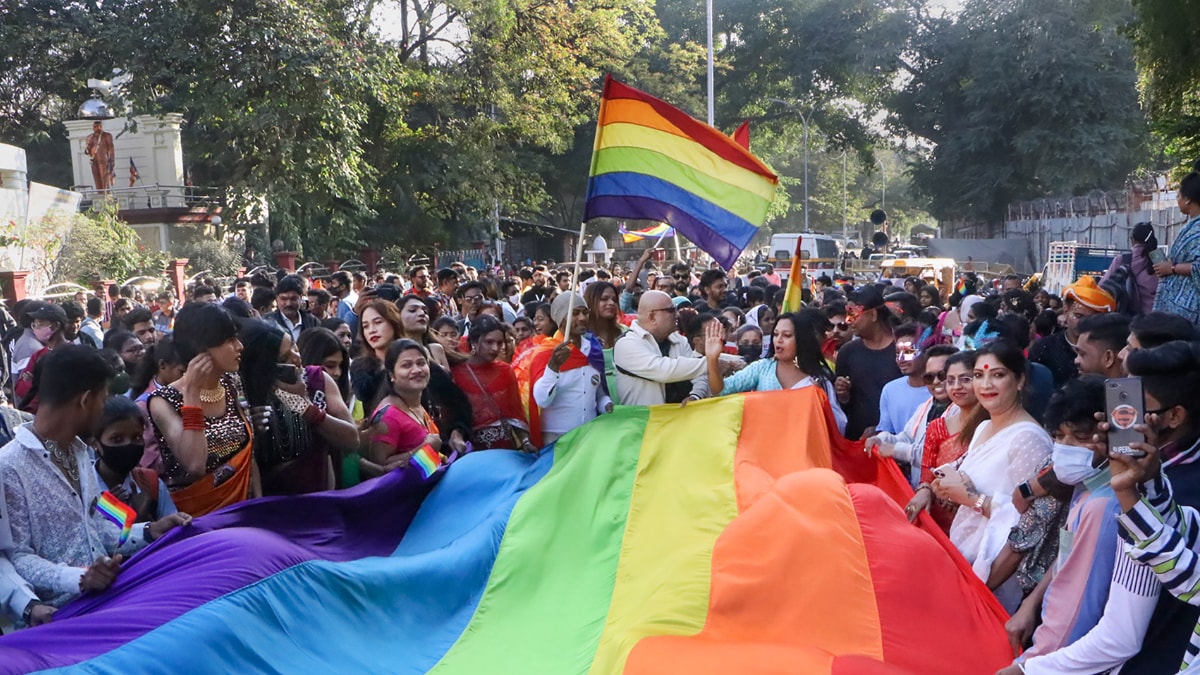Addressing Mental Health Disparities in the LGBTQ Community

Addressing mental health disparities in the LGBTQ community is crucial for fostering inclusive and equitable care. The challenges faced by LGBTQ individuals, such as discrimination, stigma, and marginalization, contribute to higher rates of mental health issues are unique and need to be tackled in a different manner.
First and foremost, there should be an increased access to mental health services for LGBTQ community. Promoting cultural competency among healthcare providers, raising awareness about the intersectionality of LGBTQ identities, and advocating for inclusive policies and legislation is the need of the hour. By prioritizing these initiatives, we can strive towards a society where mental health support is accessible, inclusive, and responsive to the diverse needs of the LGBTQ community.
Arushi Sethi Shah, Founder & CEO, Trijog, says, “Addressing mental health disparities in the LGBTQ Community requires recognizing the diverse range of mental health concerns they face. From elevated risks of depression, despair, and suicidal thoughts to anxiety, shame, and panic, these struggles are often rooted in a lack of self-acceptance. This self-doubt, fear, and exhaustion breed anger, rage, and a profound sense of invisibility, rendering their existence irrelevant. Consequently, relationships suffer as dissociation, violence, regret, guilt, isolation, rejection, sadness, irritation, and frustration take their toll.”
Discrimination compounds these hardships, amplifying anger, feelings of being wronged, humiliation, paranoia, fear, self-doubt, helplessness, and despair.
Aakriti Sethi, Emotional Wellness Coach, Inner Verse Wellness feels in our pursuit of an equitable society, we must address the prevailing mental health disparities faced by the LGBTQ community. “Societal discrimination creates a massive room for mental health issues. By acknowledging and rectifying these disparities, we can foster a society that embraces diversity, nurtures inclusivity, and upholds the fundamental right to mental well-being for all individuals, regardless of their sexual orientation or gender identity.”
To dismantle the barriers that impede the mental health of LGBTQ individuals, “We must foster a comprehensive approach that encompasses not only accessible and culturally sensitive mental health services but also educational initiatives, policy reforms, and community support networks. By creating safe spaces, promoting acceptance, and encouraging dialogue, we can cultivate an environment where LGBTQ individuals feel empowered to seek the help they deserve without fear of stigma or discrimination,” adds Sethi.
To bridge these mental health disparities, we must foster increased awareness, inclusivity, and acceptance within society. “Knowledge and empathetic voices play a crucial role in challenging discrimination and standing up for LGBTQ rights. By advocating for the right to love and be loved, we can pave the way for a brighter future where mental well-being knows no bounds,” opines Shah.
Let us strive together to break down the walls of prejudice and advocate for mental health equity within the LGBTQ community. Only then can we forge a path towards a society that cherishes the uniqueness of every individual, celebrates their resilience, and affirms their right to thrive mentally, emotionally, and spiritually.

Atul Tiwari is a seasoned journalist at Mumbai Times, specializing in city news, culture, and human-interest stories. With a knack for uncovering compelling narratives, Atul brings Mumbai’s vibrant spirit to life through his writing.





